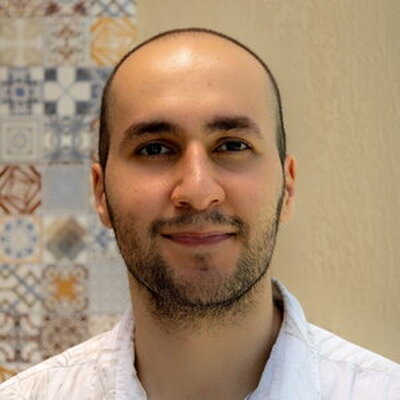

Department of Anthropology
Henrique Assi Hernandes was born in Santo André, near São Paulo, Brazil, and was raised in Brasília, the Federal Capital, where he developed a keen interest in understanding topics related to society, language, and culture. He returned to his home state to study at the University of São Paulo (USP), where he pursued a bachelor’s degree with a teaching certificate in Social Sciences. Throughout his academic journey, he has been committed to interdisciplinarity, crossing the fields of sociology, political science, history, psychology, and, especially, anthropology, linguistics, and education.
During his time at USP, Henrique had the opportunity to publish papers on the life and work of Carolina Maria de Jesus and on the University of São Paulo’s 2017 decision to approve affirmative action (ethnic-racial quotas) for Black, brown, and Indigenous students. He was also selected as a finalist in USP’s 30th Nascente, the yearly cultural contest, in the poetry category. His current research interests revolve around Linguistic & Semiotic Anthropology, Anthropology of Music & Ethnomusicology, traditional communities & identities, and vernacular expressive practices.
Driven by questions of how shared forms of musical and performative expression, and their embeddedness in people’s everyday lives, can shape identity, communication, and language use in community settings, Henrique’s research focuses on the practice of Jongo. Jongo was proclaimed Intangible Cultural Heritage at the national level in 2005 by communities in the southeast region of Brazil. Academic inquiry into Jongo spans different fields of knowledge and is generally centered on how its practice constitutes specific Black communities in Southeast Brazil or on historical recordings of Jongo performances. For many of these works, academic interest in this practice comes in the context of a broader interest in Afro-Brazilian popular culture, Samba history, and folklore.
More recent works on Jongo employ an Afro-diasporic lens to destabilize essentializing notions of identity and underscore its constitution through practice, or to open dialogues between Jongo and other forms of expressive culture in the African diaspora to the Americas, particularly the Caribbean. Although the literature on Jongo does refer to issues of meaning and language, especially when addressing the role of metaphor in the songs, a comprehensive investigation of semiotic practices and a focus on language and communication in Jongo, like the one Henrique is interested in, has yet to be done.
At the University of Illinois, Henrique aims to develop an interdisciplinary conceptual and methodological framework—drawing from linguistic anthropology, ethnomusicology, and related disciplines—in order to advance understanding of vernacular expressive practices in Brazil and to strengthen knowledge production at the crossroads of anthropology, linguistics, and music/performance studies. At the Center for Brazilian Studies, he is eager to connect with Professors Faye Harrison, Marc Hertzman, Merle Bowen, and Michael Silvers, whose expertise will positively impact the development of his research.